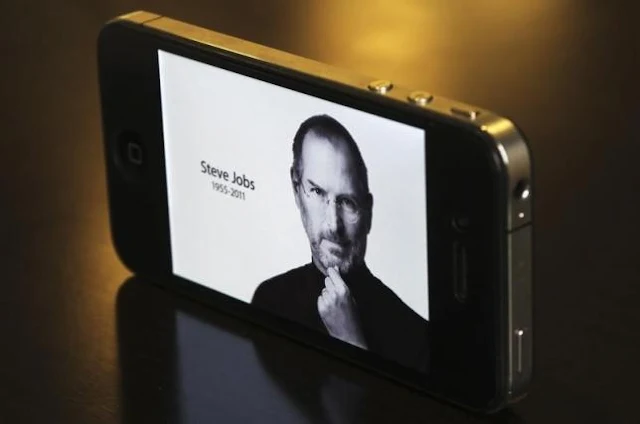Hunter’s Ceiling Fan Models with Smartphone Connectivity Support
With the CES announcement on the success of Apple’s product ecosystem, which includes Apple’s internet of things HomeKit procedure, Hunter Fan Company revealed two Wi-Fi enabled ceiling fans with smartphone connectivity support. Hunter intends to introduce two fan models in the Symphony and Signal which would be featuring Wi-Fi technology together with HomeKit support for smart home mechanizations as well as voice control through Apple’s Siri virtual assistant.
Besides the app based remote control abilities, the connected fans could be activated by utilising the geolocation functions of HomeKit or included as part of a larger scene macro. For instance, users could set a geolocation trigger to turn off fan light, lock the doors and draw the blinds when they intend leaving their house.
Moreover, the fans assimilate with the prevailing smart phone products such as connected thermostats as well as the other HomeKit enabled devices in providing complete automation features. The fan’s dimmable LED light, for instance could be triggered to illuminate when a HomeKit smoke detector tends to go off. The Symphony and the Signal presently are the only ceiling fans which tend to support Apple’s HomeKit home automation platform and they are also the first connected home products of Hunter Fan Company.
Symphony & Signal – Scenes & Triggers
The Symphony and Signal ceiling fans besides being connected to a home’s Wi-Fi network are controlled with Siri voice commands with the capabilities to interface with other HomeKit products such as light and thermostats for a full connected home experience with the use of Scenes and Triggers.
For instance, with a Scene, a home owner having several HomeKit products can at the same time lock door, turn on the lights as well as turn the fan off. With a Trigger, the fan could be set to come on in certain situations like when a HomeKit connected fire alarm tends to detect smoke. John Alexander, Hunter Fan CEO has commented that `their ceaseless innovation is why Hunter Fan is the industry leader and these new Wi-Fi enabled fans together with the support for Apple HomeKit are a testament to the heritage of progress and originality.
They are beautiful, affordable, high quality pieces of décor which tends to bring state-of-the-art Wi-Fi technology where it may not be expected – the ceiling fan. As we celebrate 130 years, we have several exciting developments to share with the customers and are proud to kick off 2016 at CES with Symphony and Signal’.
Dimmable Integrated Lighting/WhisperWind Functions
The fans tend to measure around 54 inches and are provided with dimmable integrated lighting together with WhisperWind functions for the purpose of powerful air movement with quiet operation. While the Symphony fan has a modern design with white blades, the Signal has wood finished blades with satin nickel housing.
Symphony will be priced at $329 and Signal will be offered at $379. The HomeKit connected fans of Hunter Fan Company would be made available for purchase towards the beginning of spring of 2016 from the company’s website as well as from Amazon, Lowe, HomeDepot and many others.





